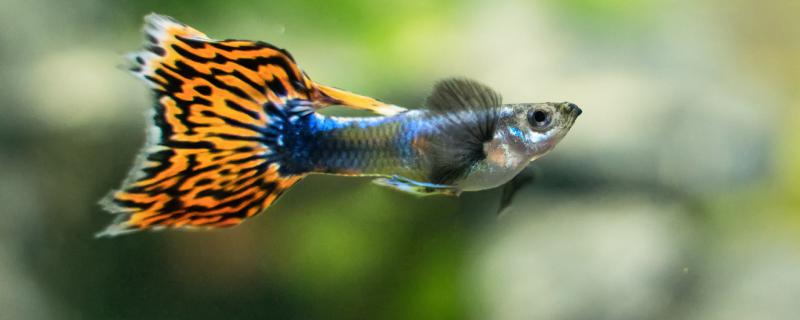
? Guppies are not oviparous. Because guppies, like some snakes, are ovoviviparous, that is, they are hatched in the belly of the female fish, which gives birth to small fish. When the mother fish is waiting for delivery, they need to be kept in isolation and placed in the fish tank in the delivery room. At this time, the water temperature should be kept at about 26 C. After three hours in the delivery room, they will produce small fish. They can give birth to 10-120 young fish at a time.
is the reproductive mode of guppy? The reproductive mode of guppy is ovoviviparous. At about three months, the gonads will mature, at which point the female's abdomen will become larger. The male then chases the female in order to insert his copulatory apparatus into the cloaca of the female, thus completing the fertilization activity. When the mother fish is about to give birth, their abdomen will expand, and careful observation will reveal the small fish in their belly. Parturient females should be placed in a separate tank, otherwise they will be chased by males in heat, which will cause them to die.
The parturient female fish can give birth to small fish in about three days in the delivery room, and can give birth to 10-120 small fish each time. Don't feed the newborn fish because they don't need to eat at this time. If fed, food residues will pollute the water quality, which is not conducive to their healthy growth. After 2-3 days, the cooked egg yolk can be fed.